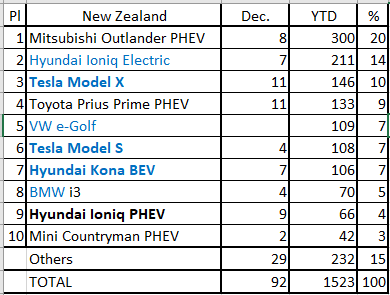BTW, my views may seem "traditionalist" but my overarching point is just that wind and solar are great, but we need to pair them with storage.
Somewhat against my intention I find myself contributing to this interesting but OT debate, I will try to stop before we get too far into the EU trading day.
What the grid sees as "storage" can be more than just actual storage (e.g. pumpage storage in connection with hydro, or battery banks or other schemes).
A really powerful concept is just a fair and open market for electricity combined with long distance power transmission (together with ideally a variety of types of electricity production).
Being able to buy and sell electricity from your neigbors is effectively like having storage, what it takes is a serious investment in the grid interconnectors - and a properly regulated market, with proper pricing that reflects demand and supply.
In Northern Europe (Denmark, Sweden, Norway, Finland and the 3 baltic countries) this works pretty well, the power exhange is called Nordpool.
The market needs to work properly though. Otherwise one country may at a windy moment where power costs very little in a neigbboring market decide to shut down their connection to that neigbor to protect (higher priced) deliveries from its own electricy suppliers (leaving their own population to pay more).
So in a country like Spain where the domestic electricity producers have a lot of influence on the regulators, this is unlikely to function well. In a country like Norway, this has worked well for decades. The Chinese - with their strong, centralized regulation - also show good progress in ingesting large amounts of wind power into their grid by using long distance power transmission.
Sorry for the OT, will try to stop now...




